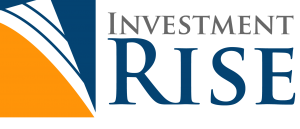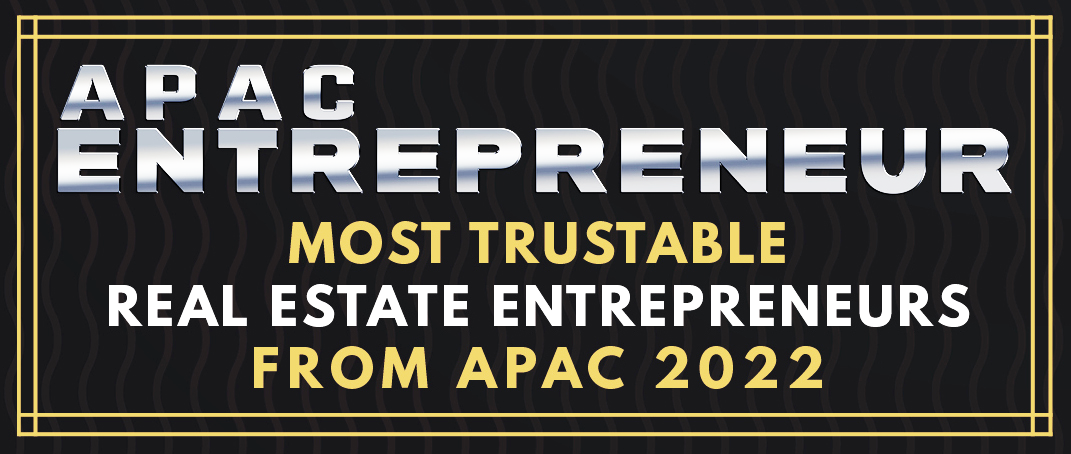How to Invest With a Mortgage
By: Niro Thambipillay
October 23, 2018
Full Transcript of Video
Hey, it’s Niro here from Investment Rise, where we help people invest in property to help them achieve their financial goals faster. And recently I’ve been getting a lot of homeowners coming to me.
They’ve seen their home rise in value over the last few years, so they know they’ve got some equity, but they still have a mortgage on their home and they want to invest but they’re often worried about, look, how can they afford both the existing mortgage on their home plus the mortgage on the investment property? There’s this real fear of debt out there. So, one thing I thought I’d show in this video is, how we help people do their cash flow numbers to help them get clarity around this.
So let’s look at a hypothetical situation to begin with. Let’s just say that you have your home and it’s worth, in the marketplace, you believe you can sell it for about 1.1 million dollars, okay?
Well, the first thing you’re going to have to do is, when you’re looking to use equity in your home, is you need to go out there and get what’s known as a lenders valuation so your bank will have to come value your home. And what I’m seeing right now is that, especially as the Sydney market is cooling, we’ve had the biggest drop in price since before the GFC, and although it’s not a crash, banks are being really, really conservative.
So what I would expect is that if you think you can sell your property for about 1.1 million, expect that the bank will value the home at around about 10% less. So say one million dollars. So we’ve got this home here, which the bank says is worth one million dollars today, and unfortunately in this game the banks are judge and jury, so we’ve got to play by their rules.
So we’ve got this home for a million dollars, let’s just say that there’s an existing mortgage here of $400,000, okay? So that is your mortgage. The first question then is, well, how much equity do you have in your home to play with? Because a lot of people think that if the bank values a home at a million dollars, we owe $400,000 and one million less $400,000 gives you $600,000, so that’s how much equity you have to play with. That’s actually not the case.
What the bank will do is, they will say, okay, they think your home is worth a million dollars, they will then generally multiply that by about 80%, especially in today’s lending environment. So 80% of a million dollars gives you $800,000, then what they will do is they’ll say, okay, $800,000 is the total amount that they could lend against the home, less what you owe at the moment which is $400,000, which means that we take another chunk here, you have $400,000 which is what’s known as available equity, or AE, okay? So that’s how much you can potentially play with assuming you have the borrowing capacity to afford that, all right?
So we’ve got $400,000 worth of available equity. Now we want to go and buy an investment property. And to keep the numbers easy, let’s just say you go and buy a property out there for $600,000, okay? So, the question is, how do you do your cash flow numbers? Well, here’s how I would do it. The first thing is, you look at your investment property and assume the loan is going to be, again, 80% for your investment property.
So an 80% loan for your $600,000 property is $480,000, okay? You now need to come up with the difference, which is a 20% deposit, which is 600 less 480 is $120,000 plus your stamp duty, legals, etc.
So let’s just say we add about $20,000 for that, purely as an estimate in this situation, all right? So we need the 120 plus $20,000, 120 plus 20 is $140,000. So out of this available equity, what we’re going to do is we’re not going to use the full $400,000, no. We’re going to take out $140,000, okay? So, and this is your deposit D, plus your costs, which is your, as I said, stamp duty, and legals, and whatever else. So the question then is, when you’re doing your cash flow numbers, what you want to ensure is that the rent that you’re getting on this property covers the loan of $480,000, but that it also covers this extra amount here of $140,000 that you’ve used in your equity, okay?
Because essentially what you’ve done here is, you have borrowed 100% of the purchase price plus costs for your investment property. Whether you do that with one lender, whether you do that with two lenders is a different conversation, but it certainly is still doable. So you’ve borrowed 100% of the purchase price, okay? Plus the costs.
So what you need to ensure then is that the rental yield plus any depreciation, especially looking at a brand new property, covers this and covers that, and if it doesn’t, then you need to know what’s the bottom line shortfall? Is it like $3 a day, can you afford that? Hopefully you can. So then it’s probably quite a safe investment, all right?
What you do not want to see is that you’ve already got this mortgage here that you’ve got to try and pay for out of your own after-tax earnings, and now you’ve got to fund either this, or this, whatever the case happens to be, because you buy a property that doesn’t have a sufficient rental return. And especially today in Sydney’s market where we’re seeing a lot of rents fall in many of these areas. We right now have according to core logic, more properties available for rent than at any other time the last 13 years. Many people are asking, is this even doable? And it certainly is, but you often have to look at maybe different markets in different suburbs.
I mean, we recently did this for a single lady who came to us. She was in a similar situation, she had a home, had some debt on the home, already had some equity, and her major concern was, although she was doing well at work and was on a good income, her concern was, what happens if the income stops? Right?
Can the rental income from the property afford this loan, plus this? And would there be any extra left over? And in her case it definitely was. And I was able to help her get that property, where the rents covered this mortgage, covered the extra, plus



